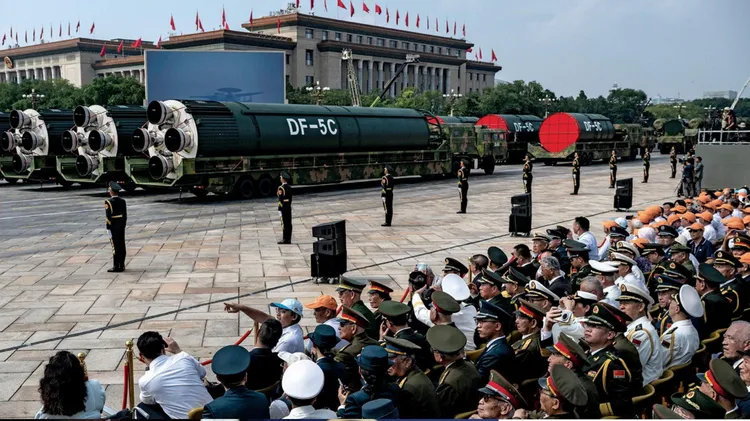With the sinking of the Sergei Kotov in early March, a whopping one
A new age of naval warfare
3 min read
This article is from...
Read this article and 8000+ more magazines and newspapers on Readly






